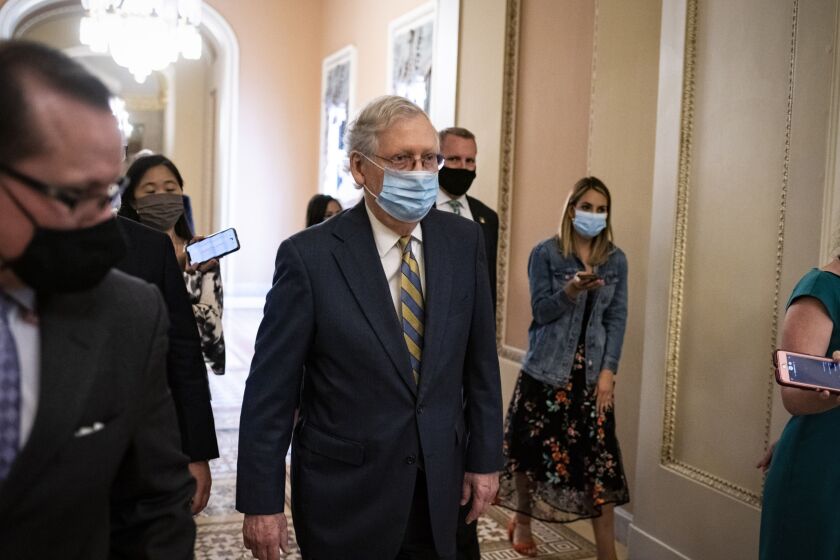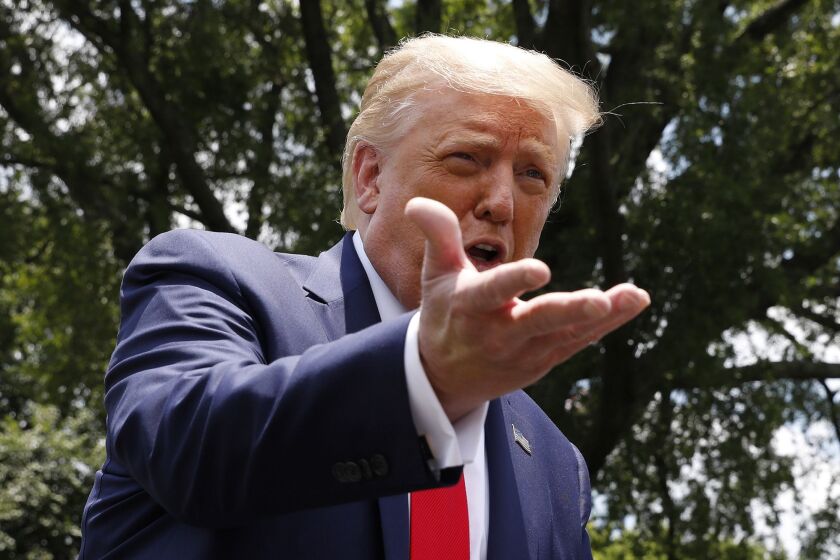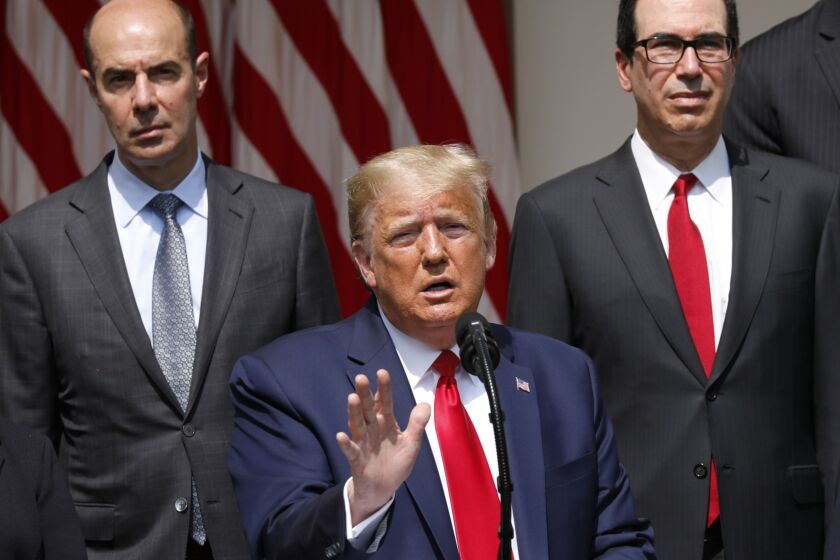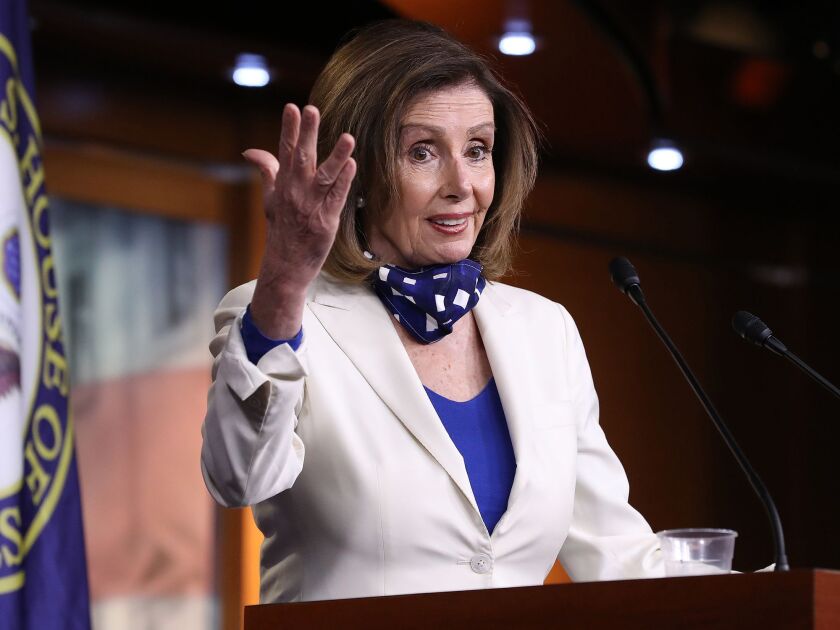Senate Republicans presented a series of bills that would trim unemployment benefits, send $1,200 to most Americans, and shield businesses, schools and other organizations from coronavirus lawsuits.
Senate Majority Leader Mitch McConnell waited until a key component of U.S. coronavirus aid was about to expire before drafting the Republican version of the next major relief bill, a decision that is increasingly looking like a significant miscalculation.
Any boost for workers from a payroll tax cut that President Donald Trump favors would take weeks to kick in and the effects could be distributed unevenly.
Republicans and the White House are counting on Senate Majority Leader Mitch McConnell reconciling GOP differences with a draft coronavirus relief package that they can take into negotiations with congressional Democrats.
Republicans crafting their own plan for a new U.S. virus-relief bill broadly endorsed a fresh round of stimulus checks to individuals, extended supplemental jobless benefits and more money for testing while voicing doubts over President Donald Trump’s desired payroll tax cut.
The White House is signaling to Congress that President Donald Trump could reject a new coronavirus aid bill if it doesn’t include a payroll tax cut, adding a new complication to already contentious negotiations between Republicans and Democrats on the next round of stimulus.
President Donald Trump said he’ll ask Congress to pass more economic stimulus, including a payroll tax cut, even after the government reported a surprise improvement in U.S. unemployment on Friday.
The measure, passed 208-199, would give cash-strapped states and local governments more than $1 trillion while providing most Americans with a new round of $1,200 checks
House Speaker Nancy Pelosi dismissed President Donald Trump’s call for a payroll tax cut and changes in the capital gains tax, saying it wouldn’t help millions of unemployed workers and others struggling in an economy shut down by the pandemic.
President Donald Trump has fixed his sights on getting a payroll tax cut in the next coronavirus stimulus bill, but it’s unclear whether he can get Republicans — much less Democrats — to go along with such a high-cost item that likely would have only a modest impact on the economy.









